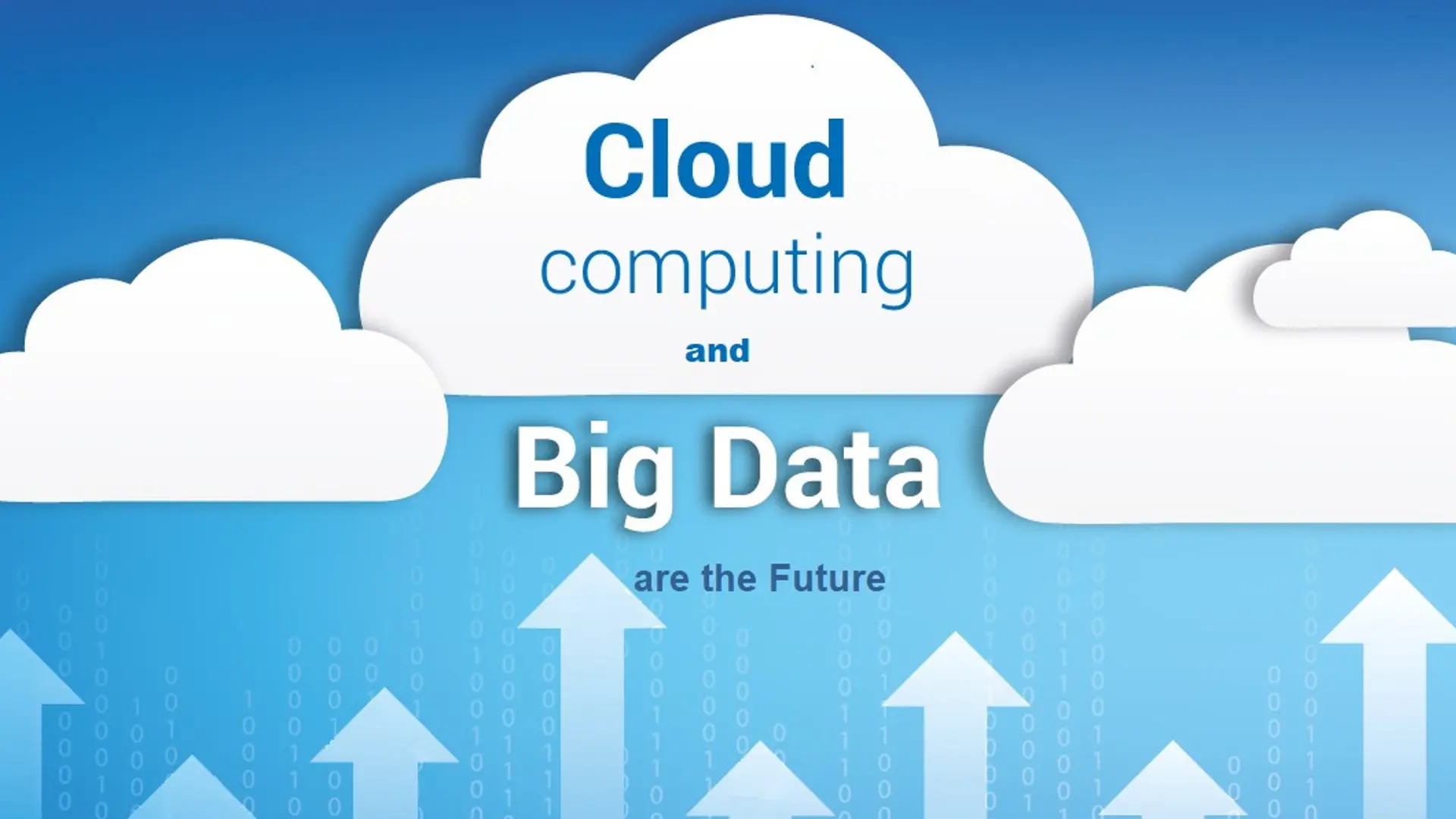

Understanding India: The future of higher education and opportunities
Range of opportunities for enterprising people wanting to begin their entrepreneurial journey in the education sector
We are living in an age of rapid technological changes. There is no industry or part of our life that has been untouched and changed by technology and the field of education is no different. Students are going to witness remarkable changes in the way they consume educational content, experience their college life and overall teaching pedagogy that we have been following for years. With the smartphone and internet penetration increasing in rural areas, these changes won’t be limited to urban areas but will change lives of students in rural areas too.
This opens up a range of opportunities for enterprising people wanting to begin their entrepreneurial journey in the education sector. India is one of the fastest growing markets in many segments and education is one of them. Furthermore, the recruiters and the corporate world has identified that a huge proportion of our graduates are not employable and the dissatisfaction of the students with current education system too, has reached a peak level. This makes the current time to be the best to do begin with a startup in the education sector.
The education industry faces a series of challenges and business need to understand the nuances of the education system to fully tackle them but there are several key areas that are going to define the future of higher education and opportunities that exist for people in the education sector.

Expect an increase in the adoption of online education
Internet access is becoming common and among many uses, one of the major uses of internet is for learning. From just being a source for references, Internet is becoming a place where students can even get degree courses. Even in terms of online education, skill based courses specifically will be more in demand.
Opportunity –
Courses that have received accreditation from some prominent institute will see an uptick in enrolments. Furthermore, a reduction in the cost would really be able to make these courses receive mass adoption. Capsule courses that focus on teaching one specific skill (ex - leadership, negotiation) will be in demand as well.
Research driven pedagogy will become the dominant one
Curriculum that will involve lots of research and hands on experience (read - experiential learning) will be the preferred ones. Class lectures, assignments, terms and the other things that constitute regular pedagogy will be replaced by more hands on approach.
Opportunity –
Startups that can enable institutes to start or easily operate their experiential learning efforts by either creating content or connecting students to relevant sources can expect to do well.
Virtual reality and augmented reality will play a key role
Imagine models popping out of books that better explain the given topic, or simulation of different topics in the VR world from which children won’t only learn from but also interact with. While VR is still a few years away from reaching a critical mass, augmented reality is widely used already (Snapchat, Pokemon Go) and will make its way into the education sector even more prominently.
Opportunity –
Companies working on A.R. enabled books that better explain the content and are more engaging, V.R. based simulations of various processes is also expected to see mass adoption in the coming times.
Personalization is going to become more of a need than a tag on
The nature of work along with what we study is increasingly becoming dynamic in nature. Students in the same class might want to learn different topics from each other or at least would like to learn one topic more deeply than the other. Same course content, curriculum to serve hundreds of students at the same time may not work at all in the near future making way for personalized solutions for students.
Opportunity –
One clear opportunity in this space is adaptive learning. Startups that create systems with their own content that adapt to a learner’s needs or simply integrate with existing systems to make them more adaptive can expect positive response from the market in the coming days.
Artificial Intelligence and big data are going to influence the future classrooms in a big way
AI systems and big data are already influencing our day to day lives and the decisions we take. The foreseeable future of education is not without systems where AI is not integrated.
Opportunities –
Opportunities exist both on the macro (ex - finding why a course sees decline in engagement after a certain time) and micro level (ex - intelligent bots that interact with students to increase engagement or assess their performance) with regards to AI and big data in the education field.
Conclusion:
Overall, the EdTech industry is booming and is witnessing a huge array of fresh entrepreneurs with keen interest in the field. The question to be asked is whether these entrepreneurs will be able to serve the market well and continue to innovate at the rapid pace at which education sector is moving. Those who will be able to do so will definitely emerge as the winners.







